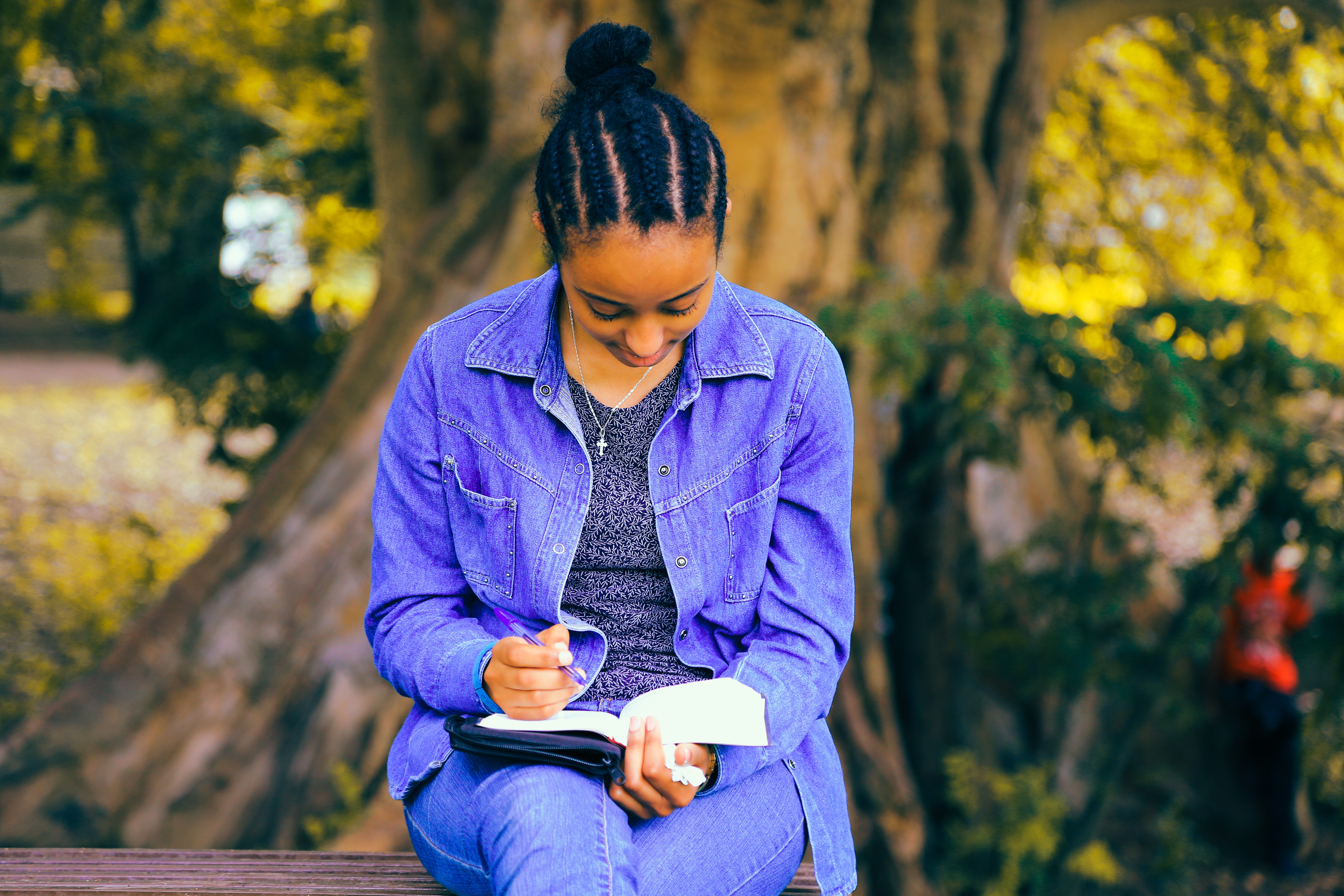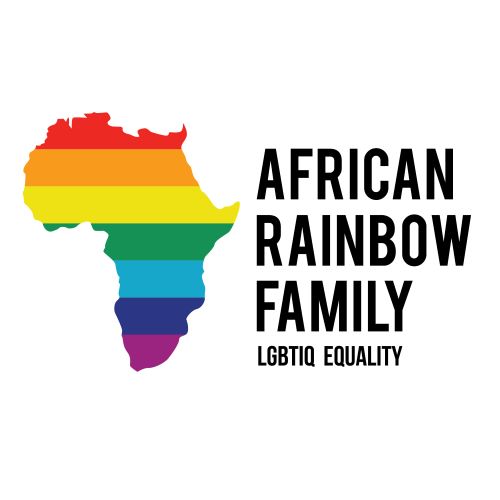Listen to 'Compassion', a poem by Rahwa, read by Christine:
African Rainbow Family (ARF) is a non-profit organisation that supports the UK LGBTIQ community, particularly people of African heritage, refugees and those seeking asylum from wider Black, Asian, and Minority Ethnic groups.
With impressive creativity, a strong sense of community, and funding from the Respond and Adapt Programme (RAP), ARF began to offer remote mental health sessions, 1:1 counselling, as well as creative writing sessions during national lockdowns.
Christine, an ARF member and volunteer, told us how the organisation emerged from the pandemic “stronger than before”:
“There were 10 sessions led by a professional over Zoom, meaning people could join from all over the UK. Each would start with a stretching exercise, then a topic would be introduced – like anger, compassion, or the colour green. We would get into breakout rooms, discuss, write poems, critique, and always end on a game to lighten the mood.
“It felt safe, like a judgement free zone. This is important because being LGBTIQ and from Africa, you come from stigma - growing up you are afraid of expressing who you are and saying what you feel and showing the world who you really are. But talking to people who you know are not going to judge you means you can finally open up."
“As a person seeking asylum, I am not allowed to work or go to university, and I am also far away from my family. This can lead to depression and isolation. Before the pandemic, I would volunteer, visit friends, go to the library, parks, church, or go to a soup kitchen.
“But lockdown meant having no one to talk to but yourself. I didn’t even have money for data or wifi to change my thoughts and take a break or stay connected with the outside world.
“ARF used their funding for data so we could join their new creative writing sessions and mental health support sessions, even 1:1 counselling.
"With every session, you finally get one hour and thirty minutes of talking to people, people who make you feel understood and seen.”
“For the longest time, I haven’t written anything. When you are seeking asylum and not working, you’re always thinking about surviving, your mind is idle for a long time. In writing, I realised things that I didn’t know; it’s a chance to think about something other than what you’re going through.

“When you hear other people’s stories, people who are like you, who are going through similar struggles, that really motivates you and encourages you.”
“Resilience to me means being able to bounce back. ARF was able to keep going even in the middle of a pandemic. ARF not only supported their service users but got stronger; they provided counselling, writing sessions, food, data. It was a huge, huge relief for us. The organisation even grew!”
“We are not fully out of the pandemic just yet. External funding has finished and so have our creative writing sessions. The need for our services grew and now we have more members, hopefully we can find a way to keep supporting them.”
“I hope ARF is going to keep getting bigger, and support as many people seeking asylum as possible. Hopefully, people we have helped will come back and contribute as doctors, lawyers who volunteer their time. Hopefully one day someone with lived experience can lead more writing sessions. I hope ARF becomes a strong, household name.”

“Keep your head up. Don’t let anything weigh you down. Sometimes it means going the extra mile, so don’t be discouraged if you don’t have funding or something is not working out. Something else will come up. You just have to be determined to find it.
“Keep asking people and knock on every door, and one of them will open. ARF came out of the pandemic stronger than before, with more diverse members and providing support in even bigger ways. You can do it too.”
Listen to Rahwa's poem, Anger: